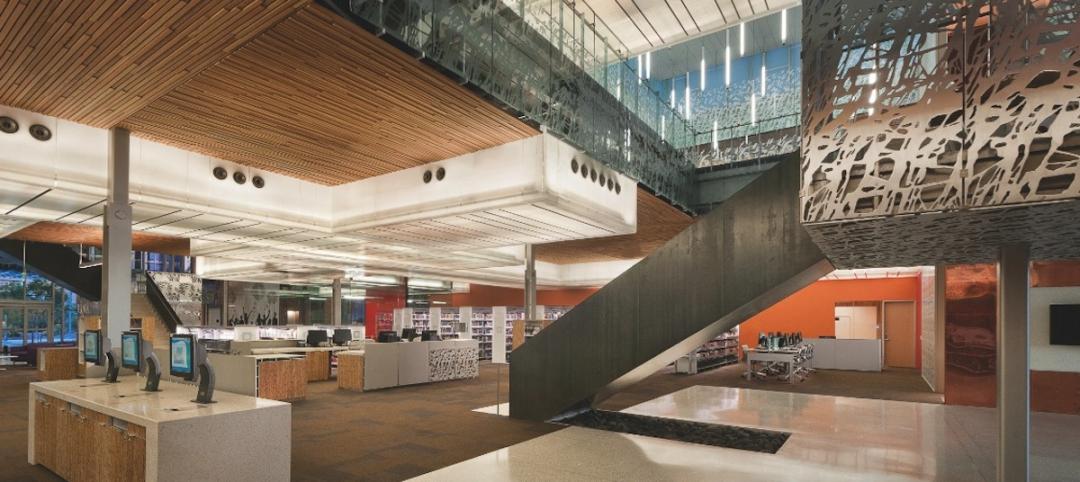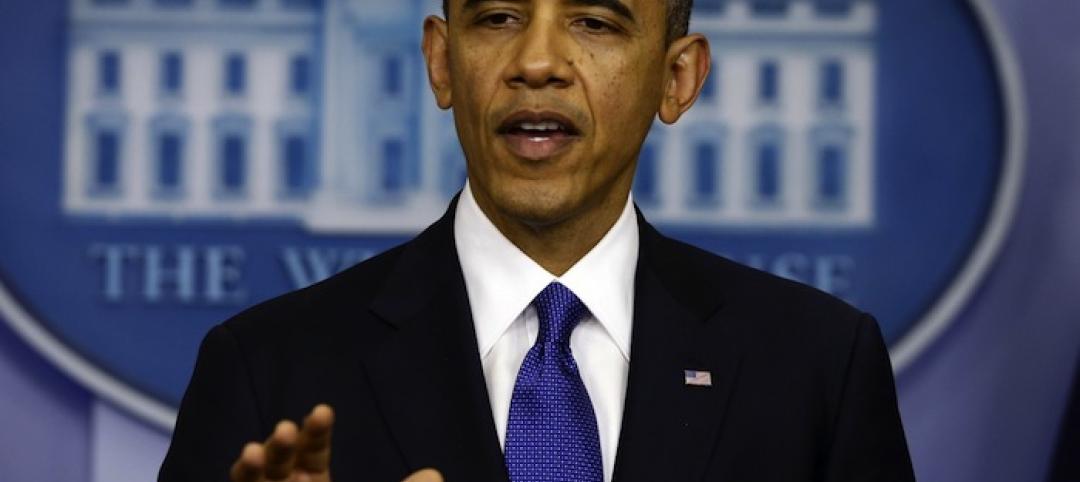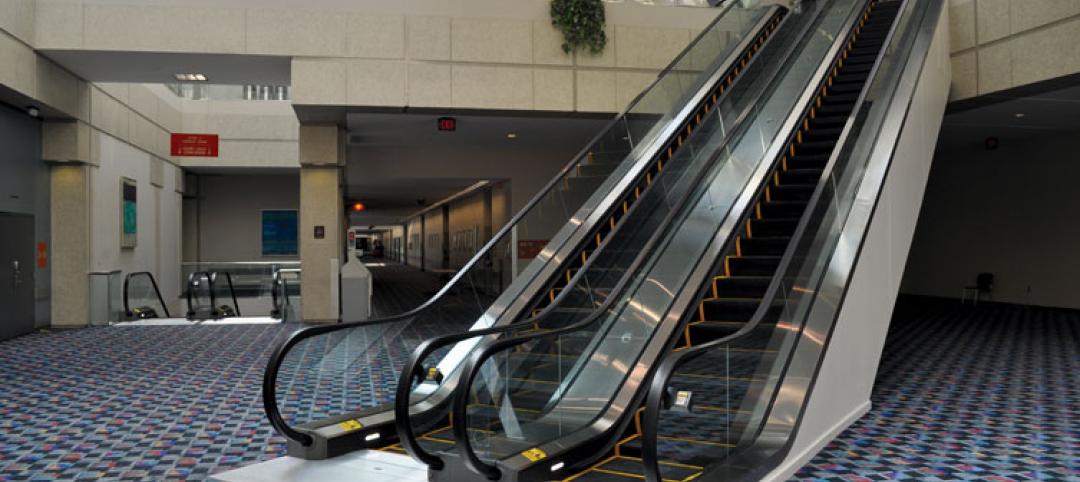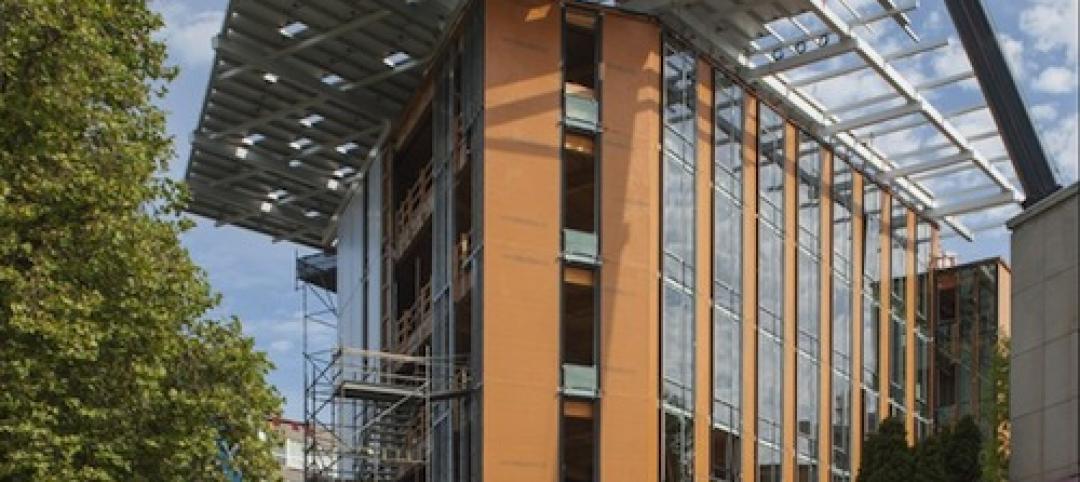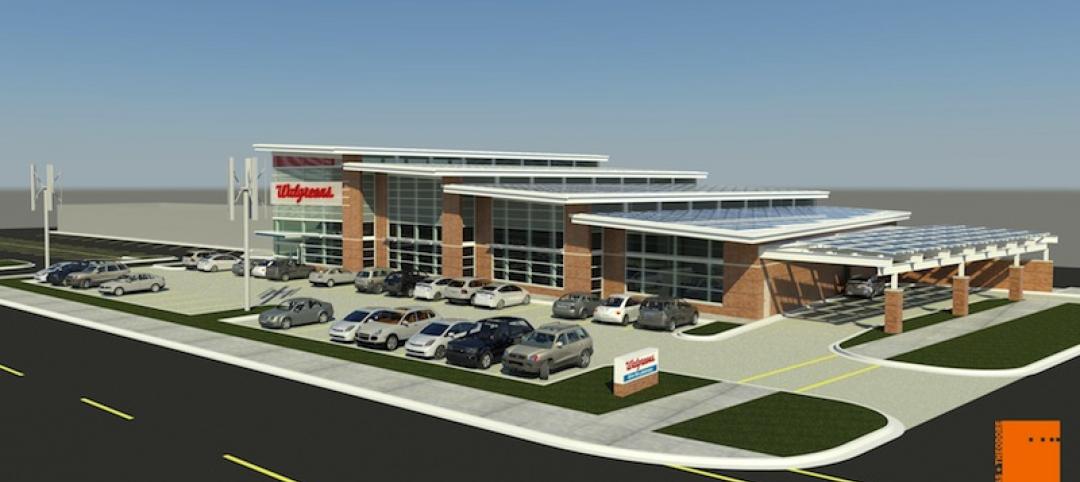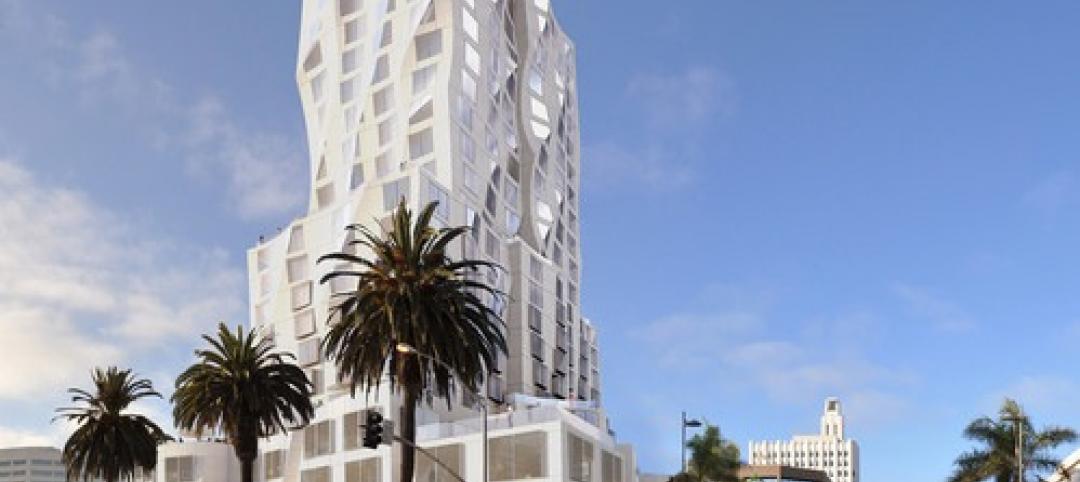In 2017, the A.T. Kearney Foreign Direct Investment Confidence Index concluded, “Investors are bullish about economic growth and FDI [Foreign Direct Investment] prospects, but are monitoring political risks for abrupt changes to the business environment.”
Fast-forward to 2018, and that monitoring is heightened. Trade negotiations and legislation having an impact include: The Tax Cuts and Jobs Act, President Trump’s renegotiation of NAFTA and other trade agreements, the Foreign Investment Risk Review Modernization Act of 2017 (FIRRMA), and tariffs and trade wars.
Some of these actions may have their intended effect of protecting U.S. companies and the nation’s security. For example, the construction industry should reap benefits from tax cuts that lower their effective tax rates. But while easing financial burdens on U.S. businesses—especially small businesses—may be good for the economy, there is widespread concern regarding actions seen as hostile to international trade. Governmental proceedings, as they unfold day-to-day, are very dynamic and fluid. They represent a confluence of political, economic, security, and social issues, and the complexity of the situation is currently causing large international companies to press pause on their investments.
Yet FDI is critical to a thriving domestic economy. According to the Office of the Chief Economist within the U.S. Department of Commerce, “FDI supports a host of benefits in the United States, such as good jobs and innovation resulting from research and development.” And historically, the U.S. has been about average in terms of its restrictiveness on foreign investment. Currently, however, Congress is reviewing FIRRMA, a proposed bill that seeks to protect national security by limiting foreign control of the country’s critical infrastructure.
Significant upheaval was triggered in the first half of 2018, when the White House announced a 25% tariff on foreign-made steel and 10% tariff on aluminum. The action was largely a response to China’s perceived “dumping” of cheap steel and it made a statement about the Trump administration’s attitude toward global trade relations and the perceived status quo.
Maintaining a healthy global economy based upon reciprocal economic relationships—and with the U.S. as an equitable participant—is key to the stability of our own economy.
Stakes rose much higher in early July, when the U.S. imposed an additional 25% tariff on $34 billion of goods imported from China. China responded with an equivalent tariff on $34 billion of goods it imports from the U.S. By July 10, the Trump administration had released a list of $200 billion worth of Chinese goods that could be subject to 10% tariffs. Hearings on these proposed tariffs are scheduled to occur Aug. 20-23.
Beyond this escalation between the world’s two largest economies, Canada announced that it would match (but not escalate) the dollar value of the U.S.’s steel and aluminum tariffs with tariffs of its own, with affected products including consumer goods. Europe is pondering how it can respond to U.S. tariffs without becoming embroiled in a damaging trade war—a task made more difficult by President Trump’s threats to impose tariffs on European auto imports. Switzerland, Russia, China, India, Canada, Mexico, Norway, and the European Union have begun working with the World Trade Organization (WTO), pursuing dispute settlement.
It’s impossible to judge just how long the domino effect will continue. Some experts are predicting that Europe, China, and other economic powerhouses will form mutually beneficial trade relationships with one another that exclude the U.S.
According to consulting and research firm Rhodium Group, Chinese acquisitions and investments in the U.S. fell 92% in the first five months of this year. CSNBC recently reported “Foreign direct investment worldwide is on the decline due to trade war fears, immigration, and protectionist policies.” This follows FDI that was already in decline. According to the United Nations World Investment Report 2018, global foreign direct investment fell by 23% in 2017, and the UN expected it to grow little (or not at all) in 2018. On July 11, the Bureau of Economic Analysis (BEA) released numbers on expenditures initiated by foreign investors in 2017 (the latest available data), and those expenditures were down 32% since 2016.
Various experts have reported that the construction industry is already feeling the effects of the recent tariffs, not only with higher steel and aluminum prices, but with higher prices on Canadian lumber. The news outlet Route Fifty shared a Moody’s Investors Service report which found that “states with the greatest trade dependency on China, Canada, and Mexico are at highest risk of seeing their tax revenues decline—namely Michigan, Kentucky, and Louisiana.” The report also identified manufacturing hubs like Detroit and Greenville, S.C., as well as port cities, as being at high risk.
FDI raises the standard of living for communities and creates opportunities for construction companies across the U.S. Maintaining a healthy global economy based upon reciprocal economic relationships—and with the U.S. as an equitable participant—is key to the stability of our own economy.
Brian Gallagher is Vice President of Marketing with O’Neal Inc., an integrated architecture, engineering, and construction firm. He can be reached at bgallagher@onealinc.com.
Related Stories
| Mar 14, 2013
25 cities with the most Energy Star certified buildings
Los Angeles, Washington, D.C., and Chicago top EPA's list of the U.S. cities with the greatest number of Energy Star certified buildings in 2012.
| Mar 14, 2013
How to win more work from community colleges
The nation’s thousand-plus community college districts can be a steady source of income for your Building Team—provided you appreciate the special needs of this important sector of the higher education market.
| Mar 13, 2013
Replacement escalators give Cobo Center a lift
New elevator technology enables Detroit’s Cobo Center to replace its escalators without disruption to its convention business.
| Mar 12, 2013
'World's greenest' office building seeks tenants in Seattle
Superefficient Seattle office building is designed to meet the ambitious goals of the Living Building Challenge.
| Mar 10, 2013
Walgreens to build first net-zero energy retail store
Walgreens announced plans last week to build one of the nation's first net-zero retail stores. The Evanston, Ill., location will utilize solar panels, wind turbines, geothermal technology, LED lighting and ultra-high-efficiency refrigeration to produce energy equal to or greater than the building consumes.
| Mar 7, 2013
Vegas rebound: Genting Group acquires assets of stalled Vegas casino-resort
International hospitality giant Genting Group has announced a deal with Boyd Gaming Corp. to purchase the land and assets, including partially built structures, of the stalled Echelon casino-resort in Las Vegas.
| Mar 6, 2013
Dual towers designed by SHoP create new affordable housing in NYC
With the construction of Hunters Point South, New York City will get its first large new housing development for middle-class families in more than 30 years. Related Companies is partnering with the nonprofit Phipps Houses in the project, designed by SHoP Architects with Ismael Leyva Architects.
| Mar 4, 2013
Korean Air, AC Martin collaborating on Western region's tallest tower
The 1,100-foot Wilshire Grand will combine retail and restaurant space, offices, and a luxury hotel in the sky.
| Mar 4, 2013
Gehry unveils design for Santa Monica hotel-condo tower
If all goes as planned, Frank Gehry will design the first building in his hometown in some 25 years.




